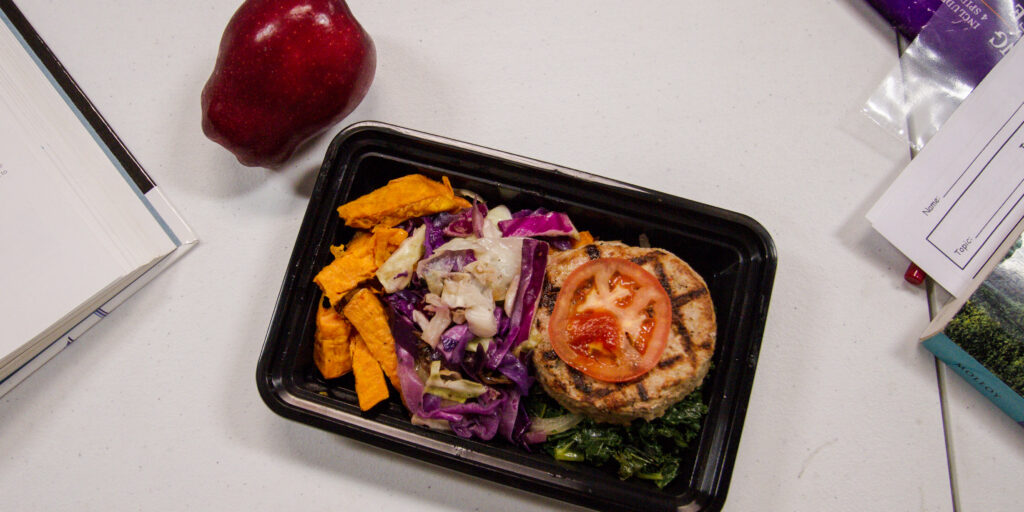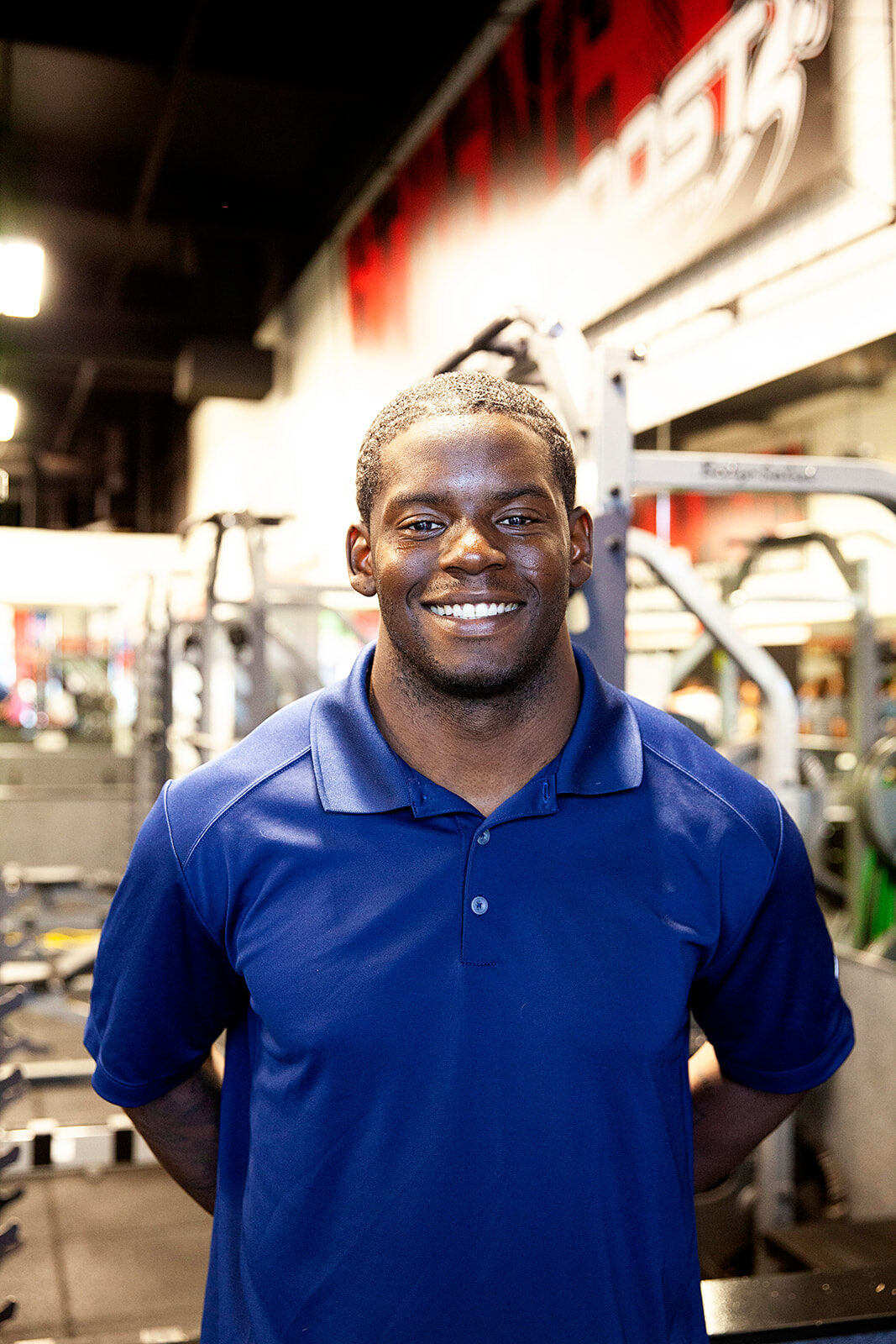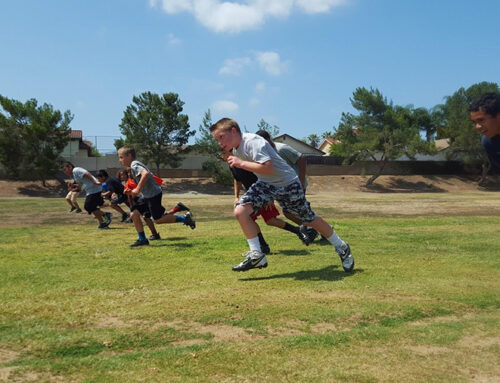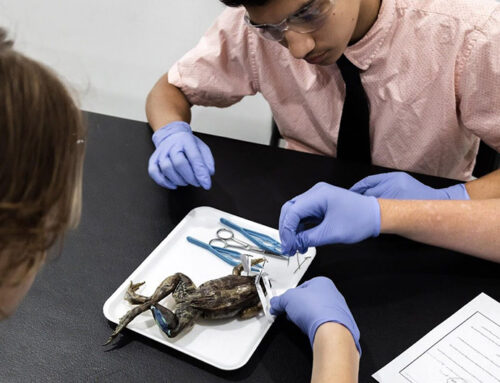
One of the more tedious but crucial aspects of performance training is properly fueling our bodies. This can at times be the missing piece to improved performance for so many athletes, but many misconceptions exist when it comes to a proper diet. Most athletes’ level of understanding exists on a spectrum where one side believes supplements hold the key to all their nutritional needs, while the other side are those who believe they should be consuming anywhere from 5k or more calories per day without taking into account their own unique body type. In the middle lies those athletes who incorporate the same fad diets they hear from their parents or peers.
I believe the solution to proper fueling for athletes is best rooted in understanding what to eat, and how much you should be eating as an athlete. Also the role of supplements and how they should be used to maximize performance.
When educating my athletes at the Boost Performance Center in Corona CA on the best nutrition habits, I need them to understand these 5 points:
- As athletes, the purpose of the food we eat is to manufacture muscle! The macronutrients (Carbs, Proteins, Fats) we consume give us the energy we need to push hard in training, while still ending the day with a calorie surplus or deficit.
- You can’t improve performance on fad diets. Athletes need a diet based on consistency that includes a variety of macronutrients. That means carbs, proteins, and fats are all important and have their place in building lean muscle for athletes.
- Track your body composition! Every athlete is different, so there is no one size fits all for athletic diets. While an athlete’s body type is unique, special, and exactly the way it should be, most can definitely expect to see a decrease in performance if their diet adds on 10lbs of fat mass. Athletes need to develop lean muscle to develop greater levels of force! And while consuming fat helps the metabolic processes in which muscle is developed, it needs to be a relatively low percentage of most athletes overall body composition.
- Know the amount of calories you need to consume. This point is very much related to the previous one whereas every athlete is different. Noone can give you a general idea of how many calories you need to eat. This is based on a few factors such as: 1. Your height and weight 2. Your body composition (fat mass/muscle mass) 3. Your exercise habits or how many hours weekly you train and 4. What your unique goals are. These are all important factors that must be included when calculating calorie consumption.
- Supplements are meant to supplement a well rounded diet. Consuming a protein supplement alone is not enough to add lean muscle mass. It needs to be part of a well rounded diet. The convenience of supplements may also be beneficial as sometimes it may not always be ideal to eat whole foods throughout the day. Even still, a proper whole foods diet needs to be foremost when implementing good nutrition habits for athletes.
To sum things up, your diet should be purposeful, consistent, and unique to you as an athlete. It should be based on whole foods with the understanding that supplements can give an added benefit. Also, it should incorporate principles such as timing (when to eat) and food logging (topics I didn’t cover here, but will in the future). Lean muscle is always the goal for athletic diets as they allow us to produce more force to hit harder, run faster, throw farther, and jump higher. Your body composition will tell you a lot about what you need to accomplish in your diet, so take these principles and build yourself into a lean, mean, athletic machine!

Level 1 & 2 Coach Bommarito Performance
CSCS / USAW



















